Valorant has categorized all of its agents into four distinct roles, each of which plays a crucial part in winning rounds. Having at least one agent from each role on your team is vital for success in the game.
However, choosing the right role that aligns with your playstyle can be a challenging task. While each role is unique in its own way, there are also areas where they overlap. Discovering your primary role can be an exciting experience for beginners in Valorant.
To assist you in this process, we have compiled a comprehensive list of all the Valorant Roles and provided explanations of their respective objectives within the game.
You Might Also Like:
All Valorant Roles / Classes
In Valorant, there are four main roles that players can choose from. These roles are Duelists, Initiators, Sentinels, and Controllers. Each of these roles determines how you contribute to your team and influences your overall play style.
While it is not necessary to have one agent from each role in your team to win, having a variety of roles can increase your chances of success and make the game easier to navigate.
Understanding the different Valorant roles may initially be confusing, but I am here to provide guidance. Let’s explore the various classes in Valorant and the specific roles they fulfill within a team.
1. Duelists
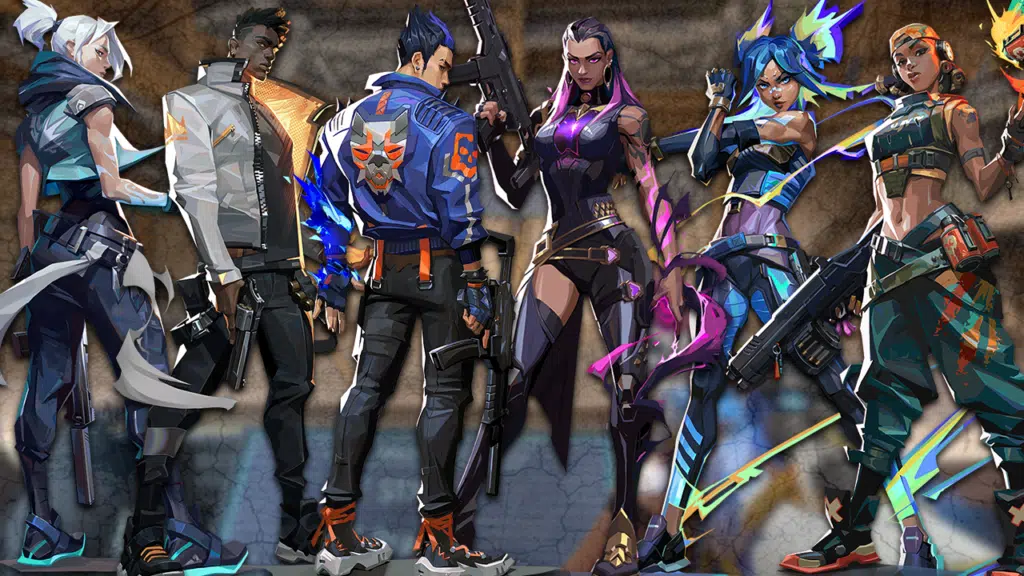
Duelists are responsible for initiating and leading the attack for their team. They tend to adopt an aggressive playstyle, actively seeking out early eliminations and opportunities to secure kills.
The abilities of Duelists are primarily designed to maximize their kill potential and inflict significant damage on opponents.
The majority of Duelists in Valorant are highly independent, possessing abilities that are useful for setting up, moving quickly, or healing themselves.
Duelists excel at eliminating opponents in corners and establishing room for their team by adopting an aggressive approach.
If you enjoy playing aggressively, being the first to engage on-site, and scoring kills, then the Duelist role might be an ideal choice for you.
- Jett
- Phoenix
- Reyna
- Raze
- Yoru
- Neon
2. Initiators
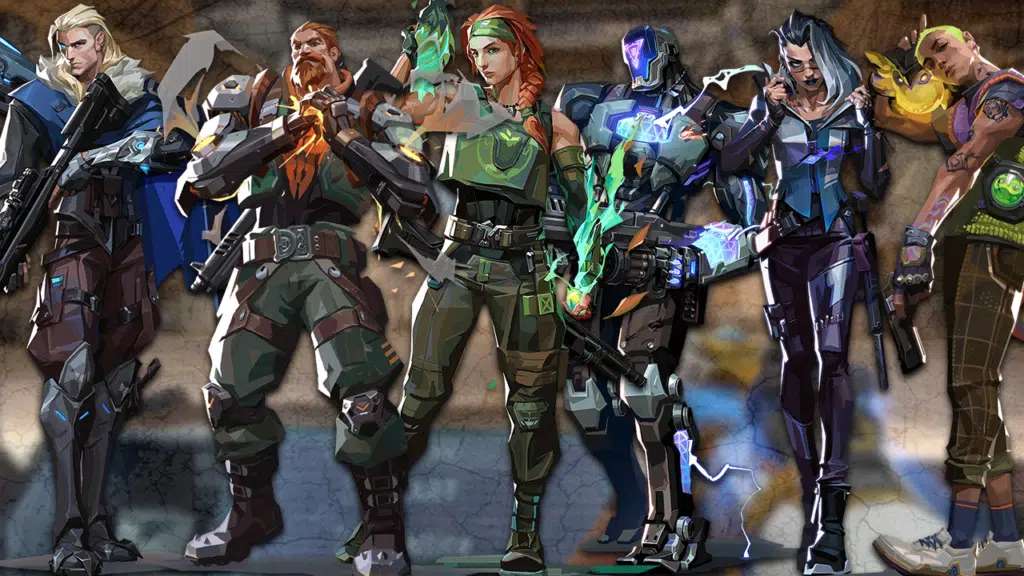
Initiators play a crucial role in ensuring the success of their team. They excel at collecting valuable information and utilizing their abilities to support their teammates.
By enabling their allies to secure kills or make strategic choices, initiators significantly contribute to making their team’s gameplay smoother and more effective.
Initiators have the option to utilize their unique abilities for various purposes such as clearing corners, checking angles, assisting teammates, and forcing enemies out of hiding.
They provide a balanced approach, allowing players to adopt both passive and aggressive strategies, which makes them a versatile class for those who prefer flexibility in their gameplay style.
Typically, Initiators possess one or more of the following abilities: a flash, a scanning ability, a concussing ability, a pet-like entity, and a damaging ability.
- Sova
- Breach
- Skye
- KAY/O
- Fade
- Gekko
3. Controllers
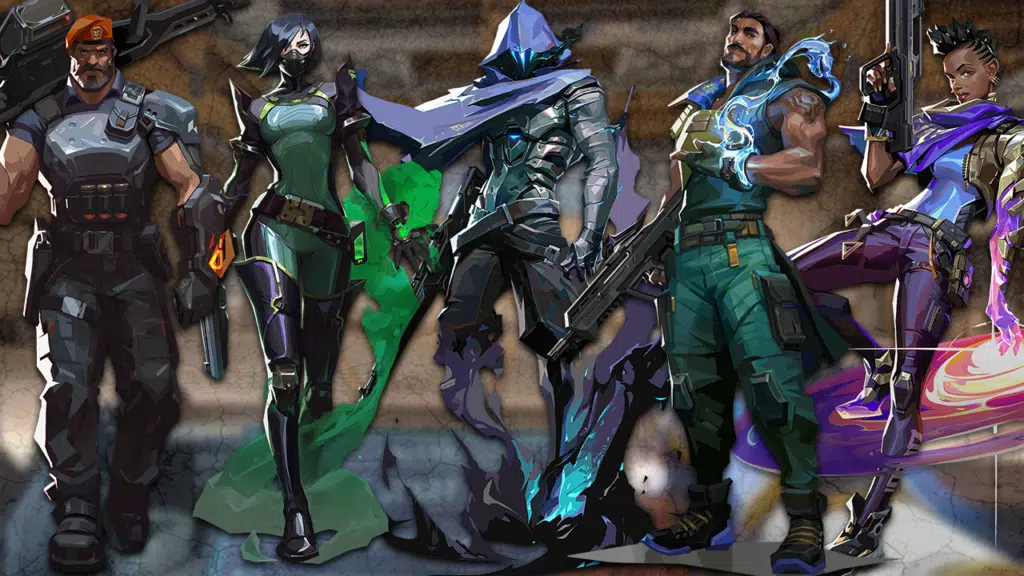
Controllers, also known as “smokers,” play a crucial role in obstructing enemy vision and creating strategic areas by zoning them out.
This role is ideal for players who prefer a more defensive playstyle, focusing on supporting their team by trading kills and providing smoke cover.
Controllers often take on the role of the In-Game Leader (IGL) as they determine the placement of their smokes.
Being an Controllers player can be quite challenging as it requires you to excel in various aspects. One of the key responsibilities is strategically deploying smokes to provide cover in popular areas.
Additionally, mastering the timing of your smokes is crucial, but it’s a skill that develops over time with more gameplay experience.
- Brimstone
- Omen
- Viper
- Astra
- Harbor
- Glove
4. Sentinels
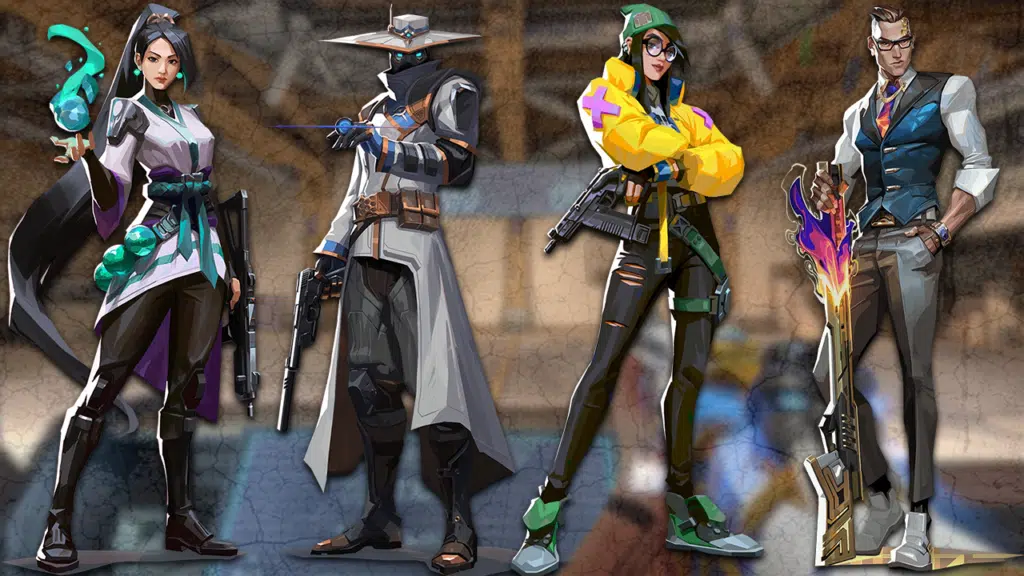
The last role in Valorant is the Sentinel, which is focused on strong defensive strategies. Sentinels excel at holding down the enemy team and preventing them from advancing.
This role requires a patient approach and a more passive playstyle, relying on their abilities to support their team.
As a Sentinel, your main objective is to stop enemies from infiltrating your site, and you also serve as the primary flank watcher when playing on the attacking side.
In general, the Sentinel role in Valorant is often overlooked and not preferred by many players. Sentinels are responsible for performing essential defensive tasks that often go unnoticed.
This role is ideal for players who prefer a more passive playstyle and are willing to patiently wait for strategic rotations.
Valorant Team Roles
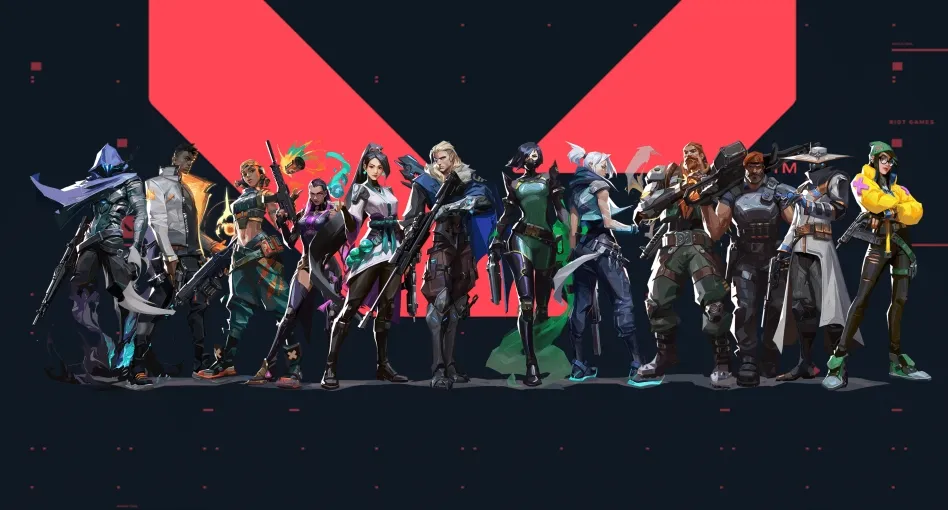
While Valorant classifies agents into predetermined roles, these roles can be further dissected into more specific terms that describe players’ roles in a specific match. The different Valorant team roles can be classified as follows:
Offense
Entry Fragger
The role of an Entry Fragger in Valorant is to be the first player on the team to enter an objective or area of the map. Their main goal is to either make a play or gather as much information as possible.
Entry Fraggers must have confidence in their ability to land shots even when under pressure from the enemy and their utility.
By creating space and providing information, Entry Fraggers enable their teammates to trade kills and take advantage of the opportunities created. Although Entry Fraggers often have limited information, their success greatly benefits the team as a whole.
Secondary Entry Fragger
Secondary Entry Fraggers are players who come after the Entry Fragger and share the same goals.
The main difference is that Secondary Entry Fraggers use the information provided by the Entry Fragger and either trade kills with the enemy or take control of the space created by the Entry Fragger after they are eliminated.
These players are skilled at handling pressure and often find themselves in clutch situations. When executed effectively, Secondary Entry Fraggers can make significant impact plays.
Support
In Valorant, the role of Supports is to assist Entry Fraggers in gaining control of areas by utilizing various tools such as flashes, mollys, smokes, and recon abilities.
Support players must possess a deep understanding of how to use these utilities effectively and also have extensive knowledge of the game maps. Their main objective is to provide the best possible support to their Entry Fragger and Secondary Entry Fragger.
Supports are known for their ability to remain calm and composed during matches and offer valuable information to their team whenever their abilities are available. They greatly contribute to the team’s success in capturing objectives.
Lurker
In Valorant, the role of a lurker is to gather valuable information about the enemy team’s rotations and the state of the map. They are skilled at getting kills from unexpected locations, creating global pressure.
To be effective, lurkers need to have a deep understanding of the map and the game, allowing them to exploit the opponents’ positioning. Good lurkers maintain a calm and collected demeanor while constantly updating their team on the map’s status.
They excel at surprising the enemy by approaching from unexpected angles, securing rounds through flanking maneuvers. The key to being a successful lurker lies in their ability to introduce variety into their strategies.
This can include employing slow or fast lurks, occasionally joining their team for coordinated attacks, or even concealing their presence on the map entirely.
OPer
In Valorant, players who take on the role of OPers specialize in holding down long lanes on the map by utilizing the Operator weapon.
This allows them to provide cover for their team while they engage in other areas of the map, without having to be concerned about specific long angles. OPers must possess the skill to position themselves strategically alongside their teammates and obtain advantageous angles towards important objectives.
The ability to eliminate opponents with a single shot not only boosts the confidence of the team during a push, but also causes discomfort for the opposing team. Moreover, it presents opportunities for gaining early advantages by eliminating over-aggressive enemies.
In-Game Leader
In a Valorant team, the IGL serves as the main voice and strategist. Their role involves analyzing the map status, keeping track of teammate and enemy positions, and monitoring utility usage.
The IGL’s responsibility is to determine the team’s optimal actions for winning each round. The IGL can be any player who can effectively evaluate various game factors, communicate their ideas clearly, and make decisive calls.
Defense
Anchor
In Valorant, the designated Site Anchors are generally expected to stay on their respective sites, but there are two situations where they may need to deviate from this.
The first is when the bomb is planted on a different site, requiring the Site Anchors to rotate and defend that site instead. The second is if their team successfully eliminates the enemy holding the bomb, giving them the opportunity to prevent the bomb from being retrieved.
In most cases, Site Anchors adopt a passive playstyle, holding angles that allow them to retreat from the site if necessary and focus on retaking it. This is especially important if they are the
Rotator
In Valorant, the role of “Rotators” involves reacting swiftly to the aggressive actions and tools used by the enemy team at the beginning of the round.
Their main objective is to assist the defenders on the opposite site by strategically rotating positions.
By doing so, they can catch the enemies off guard with the presence of multiple defenders on the site.
OPer
In Valorant, players who wield the Operator have the flexibility to adopt different strategies. They can either take an aggressive approach by moving around the map in each round to secure kills, or they can choose to play defensively by holding down long lanes on the map.
In-Game Leader
In Valorant, the In-Game Leader (IGL) plays a crucial role in the team’s success. They are responsible for organizing defensive strategies, managing the team’s finances, making strategic decisions for rotations, and analyzing the opponents’ strategies to come up with effective counter-strategies.
The IGL’s main objective is to determine the best course of action for the team to secure victory in each round.
For more content on Tips check out the relevant links below and any of our guides, list of games, and news on Gamerode.



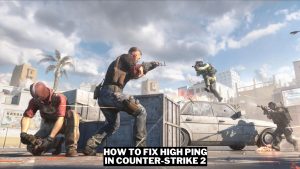
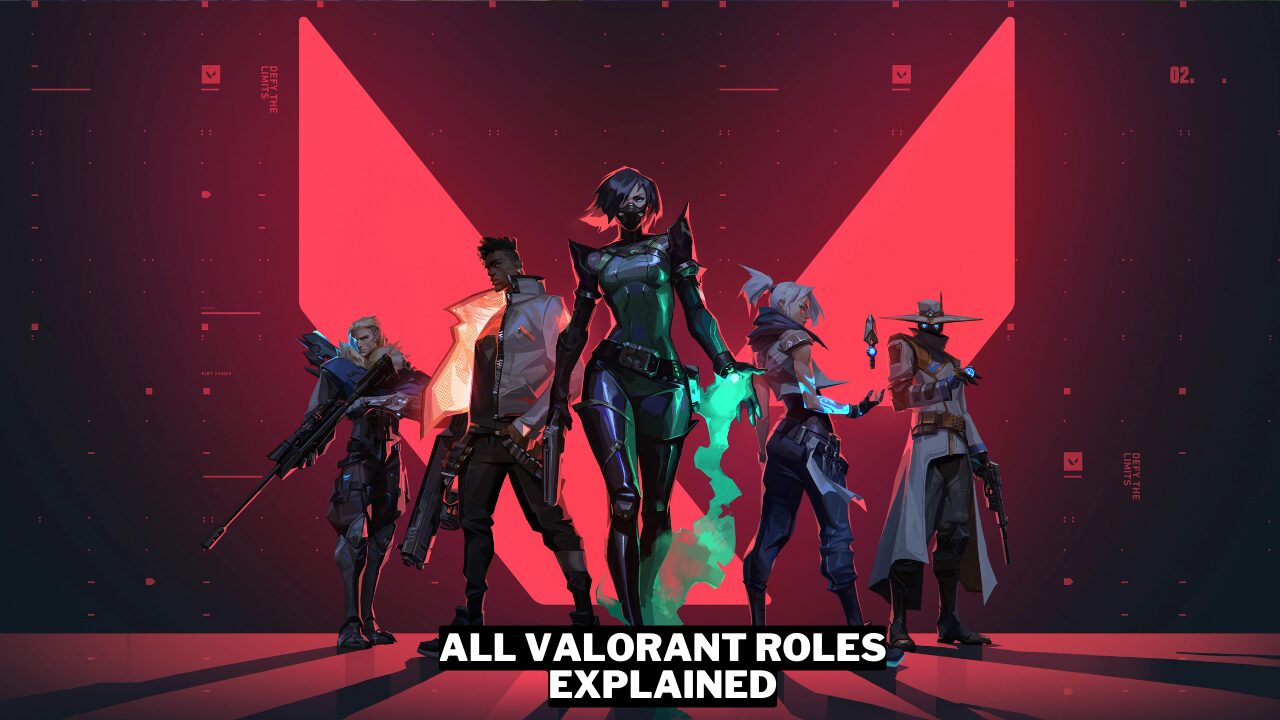





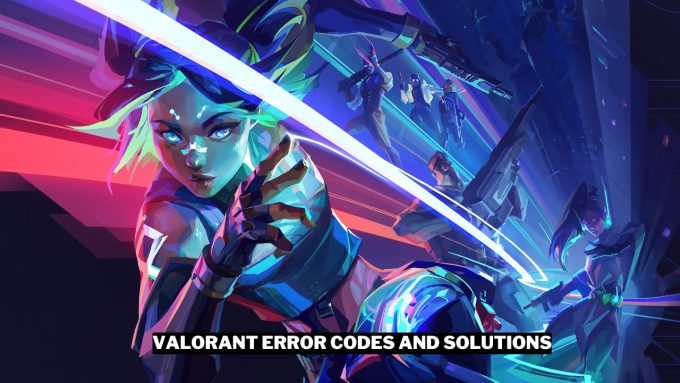

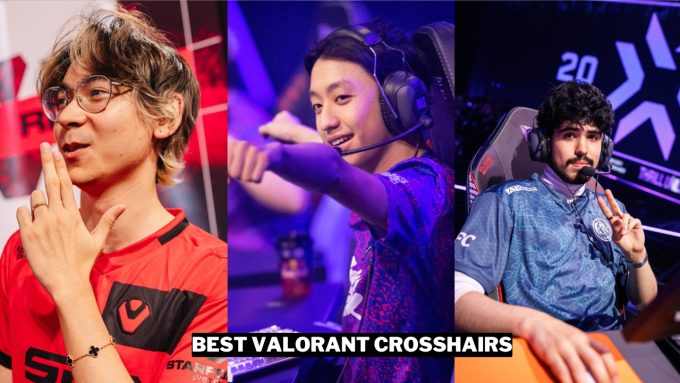
Leave a comment